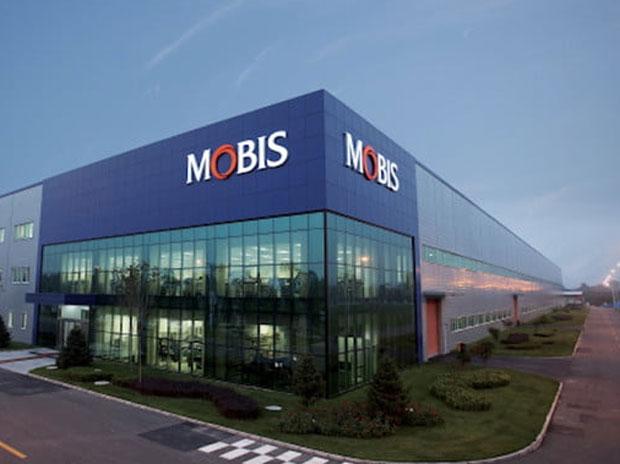On June 19, Hyundai Mobis declared that the pilot implementation of an acoustic AI-based inspection system at its Changwon plant had been completed lately which produces EPS.
Acoustic AI depicts a new generation of artificial intelligence technology, different from generative AI, which depends on language for Q&A tasks. It is relatively untested in the manufacturing industry. The key trait of acoustic AI is developing algorithms that provide meaning to specific sounds and facilitate appropriate judgments.
Hyundai Mobis plans to expand the acoustic AI inspection system beyond the Changwon plant to other component production lines, focusing initially on parts such as braking systems that naturally produce noise during operation.
Choi Nak-Hyun, Vice-President and Head of Digital Transformation at Hyundai Mobis, emphasized that this initiative sets a pioneering standard for process innovation not only within the automotive sector but also across the global manufacturing industry. He affirmed Hyundai Mobis’ commitment to introducing unique AI-driven technologies for production, research and development, and enhancements in workplace environments.
While generative AI stresses on the versatility for general users, acoustic AI is designed for industrial applications, especially smart factories. Generative AI offers a significant advantage in swiftly handling large volumes of tasks. The Changwon plant can recognise defective products at a rate of one unit per second.
The Changwon plant, located in South Korea, produces around 1.3 million units of EPS annually. The production process consists 23 stages, from component assembly to vibration and noise inspection.
Significant quality checks have become necessary due to the direct influence of EPS on steering performance and safety through steering performance. Noise inspections are taking place by connecting actual power to the EPS. The sound generated by the rotating motor constructs a consistent waveform, which the AI analyzes to identify deviations or anomalies.
For a year, Hyundai Mobis engaged in extensive collaboration with on-site engineers, production technology experts, and AI specialists holding advanced degrees to gather and analyze data. This collaborative effort led to the successful development of Acoustic AI, which can now effectively differentiate defective products and identify their underlying causes.
Hyundai Mobis aims to enhance the application of acoustic AI. In the manufacturing sector, the company aims to consistently gather meaningful data using its groundbreaking Acoustic AI and build proprietary AI models from this data, with anticipated further improvements in accuracy for this trained AI.

